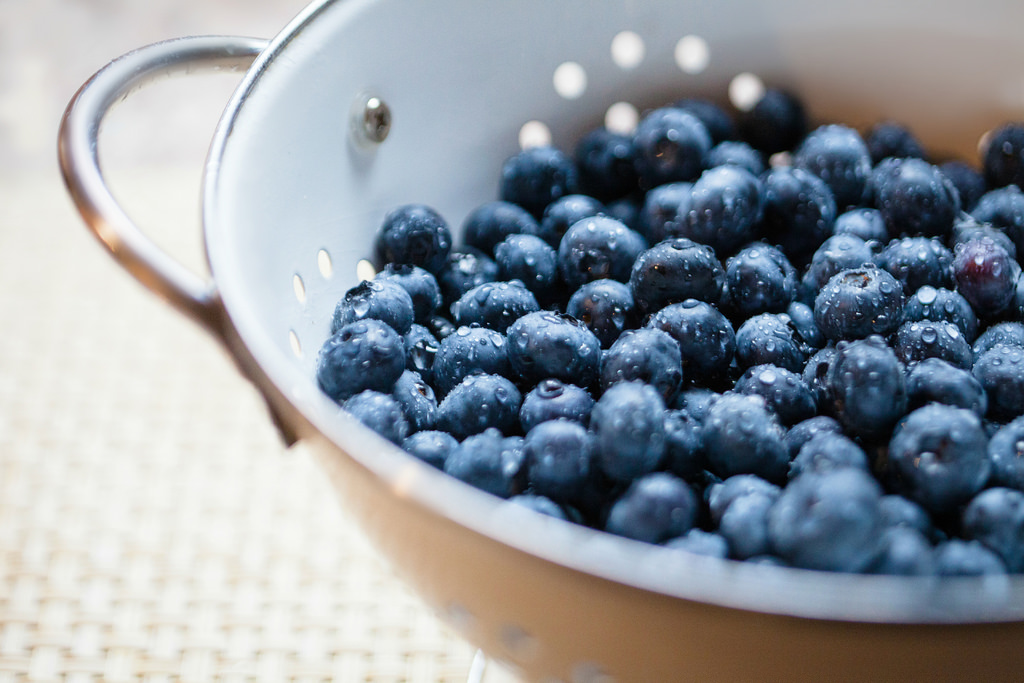
Superfood is a class of nutrient-dense foods high in antioxidants. Antioxidants protect healthy cells from free radical damage, the precursor to most chronic diseases including cancer and heart disease.

The health benefits of consuming super foods are well-documented. But did you know that your gut bacteria may be enhancing the potency of superfood nutrients? Researchers found that gut bacteria helps metabolize flavonoids, creating a metabolite called DAT in the process.
In lab tests, mice that were given metabolite had decreased risk of lung damage from flu. The results led scientists to believe that microbes generated by gut bacteria increased the body's ability to withstand certain ailments. Berries, grapes, and green leafy vegetables are some of the best sources of antioxidants.
Potency of superfood nutrients multiplied by certain strains of gut bacteria
(Natural News) When it comes to healthy eating, many of us are willing to put up with some less-than-desirable flavors if it means protecting our body from disease. However, a recent study has shown that some of the most delicious foods in a health-conscious diet have even more benefits than previously believed.
Berries, red wine, dark chocolate and black tea have gotten a lot of praise recently for their flavonoid content. These protective complexes are known for their ability to boost immunity and fight infections. Now, a study has shown that these nutrients are enhanced even further when they interact with a certain type of gut microbe.
The study, which was carried out by researchers at St. Louis’s Washington University School of Medicine, made this interesting discovery while seeking to identify the gut microbes that are responsible for protecting the body against the flu. Previous studies had shown that the gut microbiome might play a role, but it was not known precisely which microbes were involved.
The researchers screened the microbes found in people’s guts to find the one that was responsible for metabolizing flavonoids. They suspected that the microbe known as Clostridium orbiscindens was able to degrade flavonoids and create a metabolite called DAT that can boost interferon signaling, so they gave the metabolite to mice and then infected them with the flu.
While those mice who were given the metabolite did not have as much lung damage from the flu, their viral infection levels were similar to the control mice, leading the scientists to believe that the microbes were not preventing the flu infection itself but rather helping to prevent the immune system from causing harm to the lung tissue. This type of lung damage often leads to serious complications like pneumonia in humans.
Image courtesy of: -Taru Tuomi-






